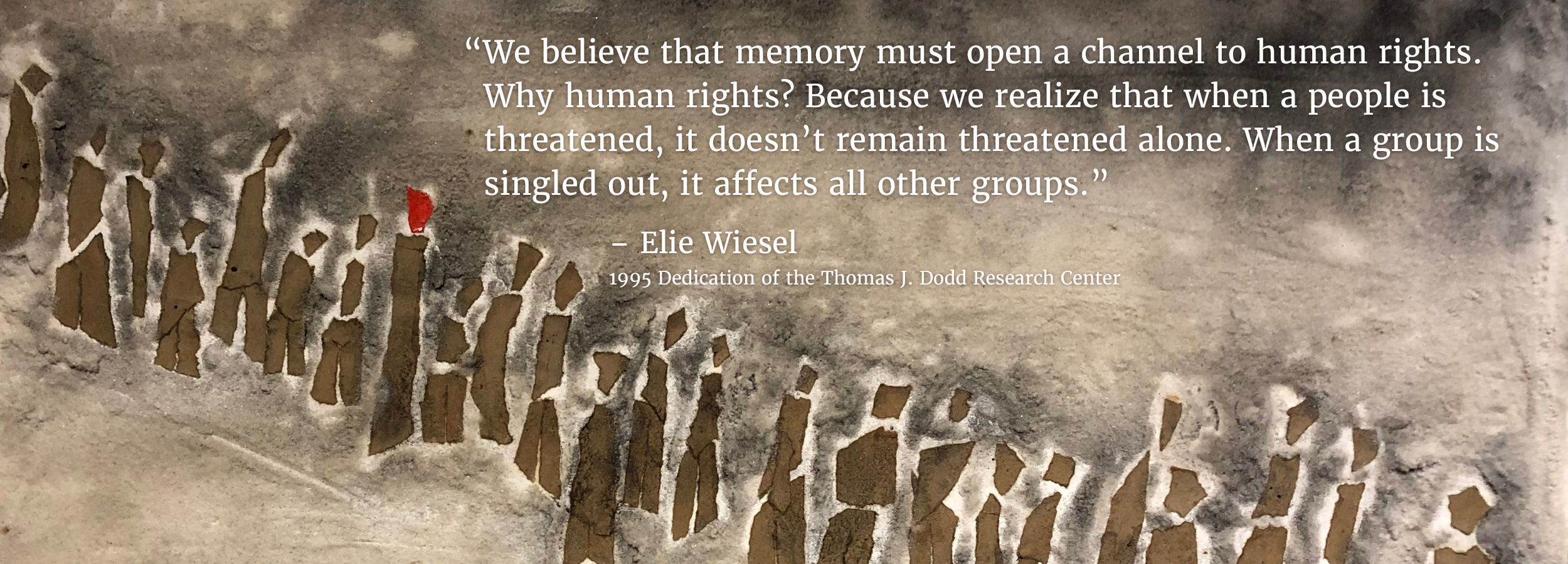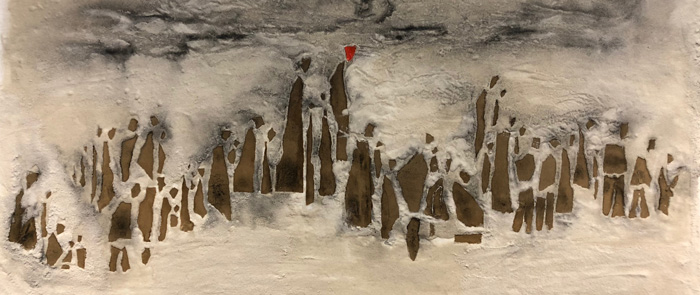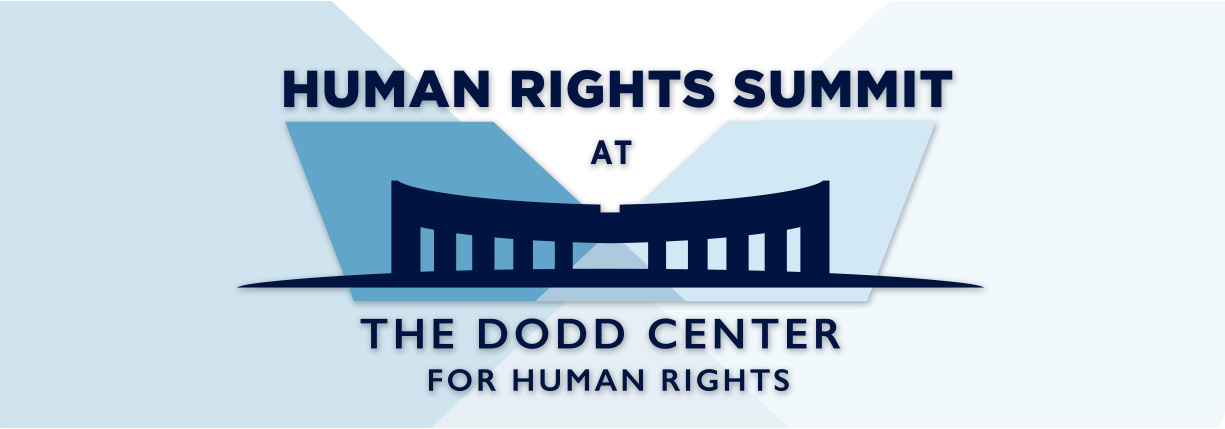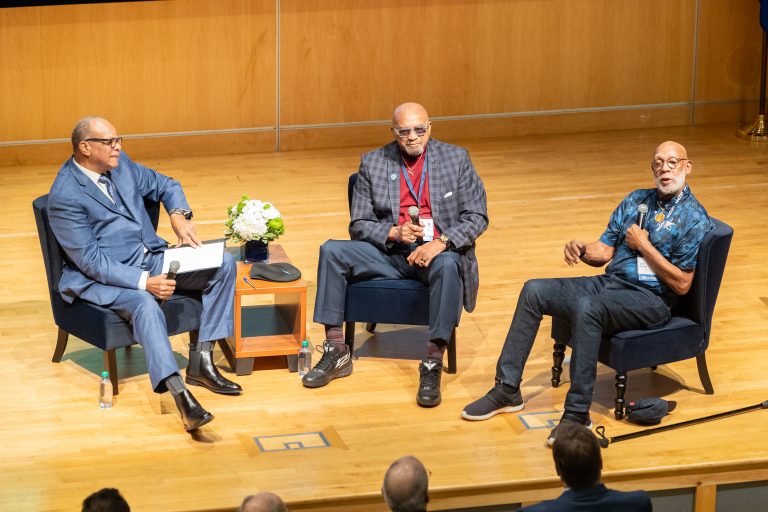-

‘You can’t rise unless you help others rise with you’
-

History, faith, and geopolitics came alive for University of Connecticut students during an immersive journey throughout Israel
-

Hines drew upon his ‘four Cs’ at the state Capitol’s celebration of King’s legacy
-

Human Rights Summit features perspectives from athletes, academics, and industry experts
-
Mar2FUSCO Lecture with Ned Blackhawk of Yale University “The Indigenous Origins of the American Revolution”The Dodd Center for Human Rights4:00 PM
-
Mar3
-
Mar5Social and Economic Human Rights in 20th Century International PoliticsThe Dodd Center for Human Rights12:15 PM
-
Mar7
-
Mar10Media Literacy in the Information Age: Protecting Knowledge and Conserving DemocracyHomer Babbidge Library4:00 PM
-
Mar11








